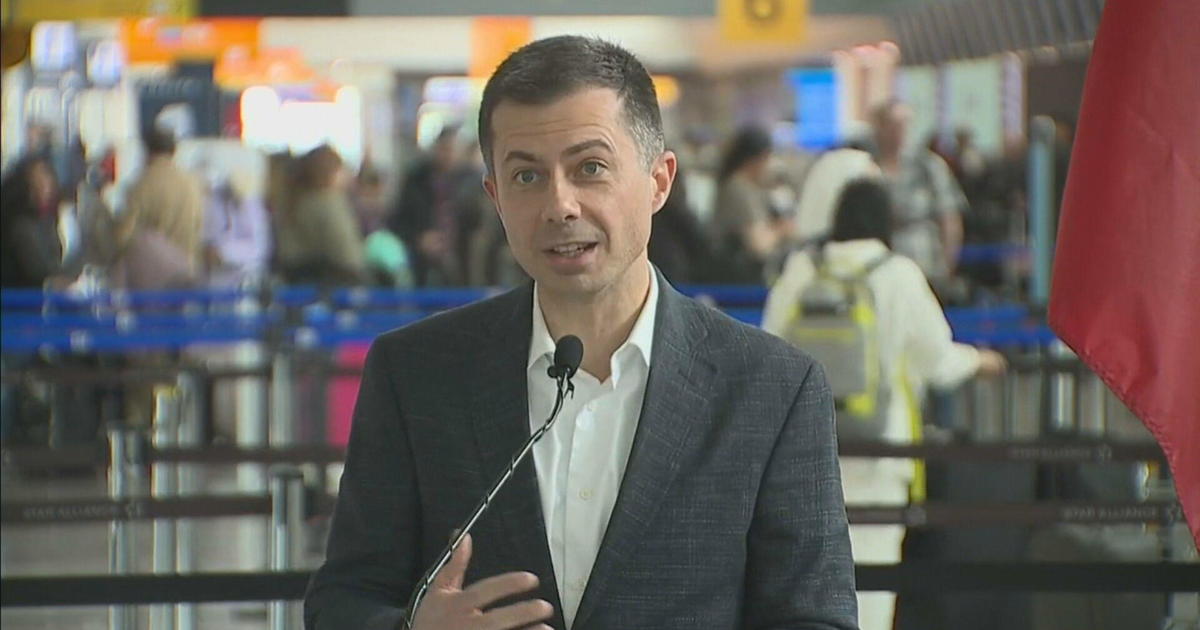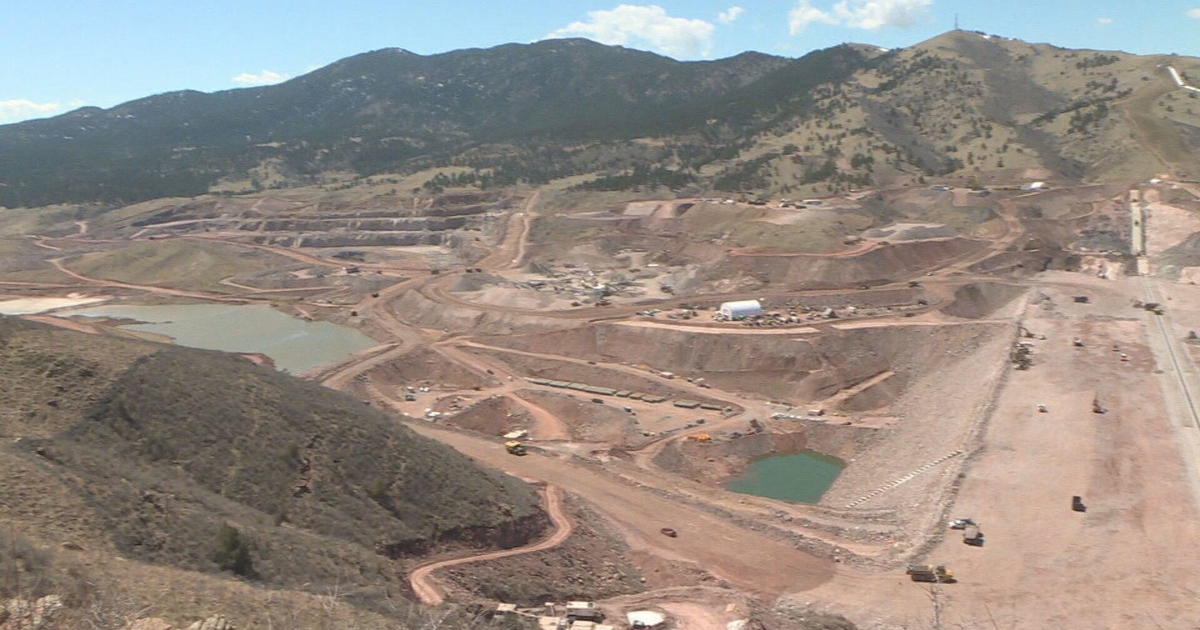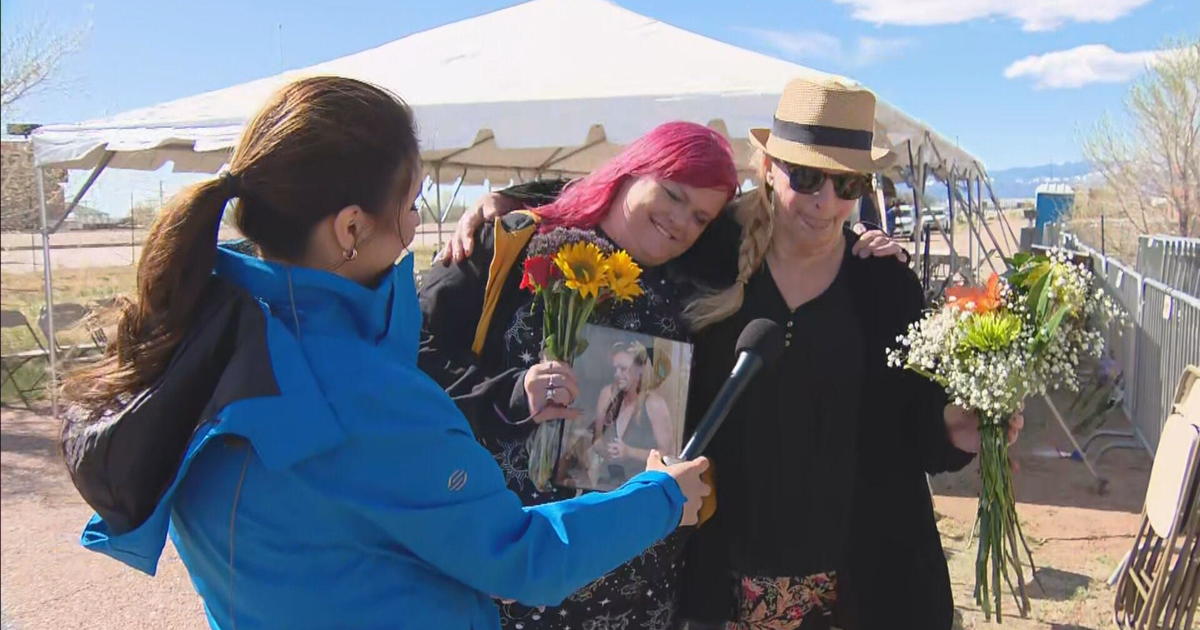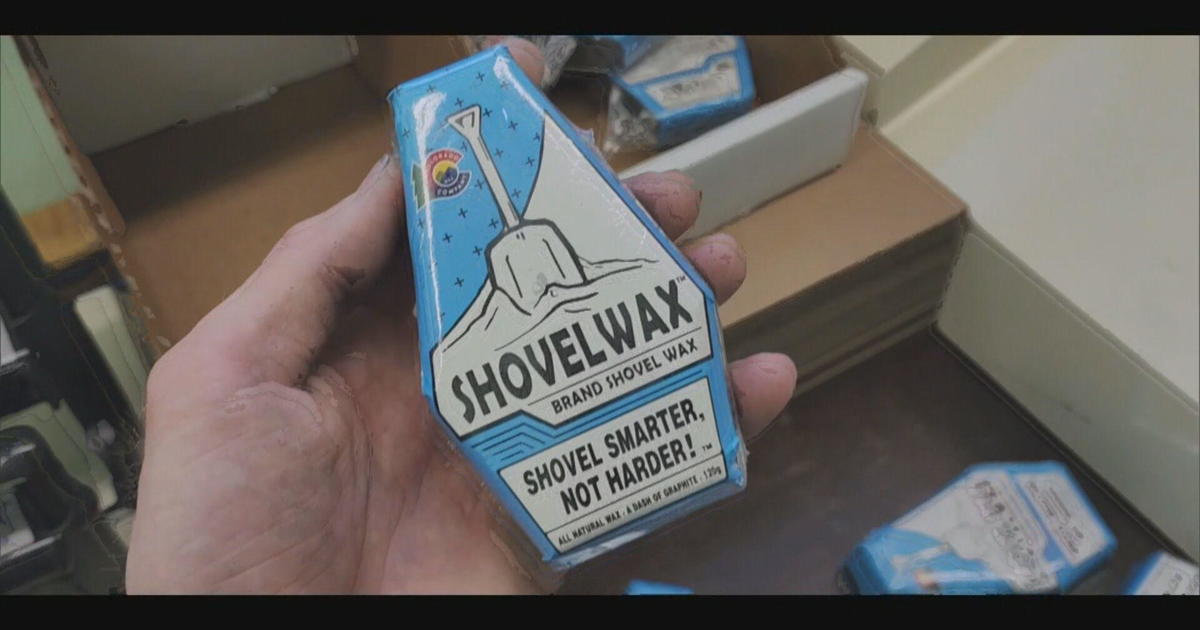US House Panel Looks At Western Coal Industry
BILLINGS, Mont. (AP) - Congress is poised to enter the debate over whether taxpayers are getting a fair return on coal mined from public lands in the Western U.S. as a House committee plans a Tuesday oversight hearing on the industry.
Republicans in control of the House Natural Resources Committee said they will highlight coal's benefits in an effort to increase coal production on public lands. Those benefits include more than 15,000 mining jobs in Western states and $2.4 billion in federal revenues last year, according to federal agencies.
Democrats counter that an uncompetitive bidding process, the routine undervaluing of coal and increased volumes of the fuel sent to Asian markets have allowed mining companies to shortchange taxpayers.
Most coal sales from public lands occur in the Powder River Basin of Wyoming and Montana, which accounts for more than 40 percent of U.S. coal production. The region is dominated by four companies - Arch Coal, Inc., Peabody Energy, Cloud Peak Energy and Alpha Natural Resources.
In 2012, federal coal revenues rose sharply over the prior year as the Obama administration approved six large leases. Yet there are growing signs of problems in the government's coal program.
An Interior Department inspector general's investigation last month estimated $62 million in potential lost revenues due to the agency undervaluing coal. The Ohio-based Institute for Energy Economics and Financial Analysis (IEEFA), a group with environmental ties, has pegged lost revenues much higher - more than $30 billion since the early 1980s, when many of the rules governing the industry were last revised.
A second report on the leasing program is expected soon from the Government Accountability Office, while a separate Interior investigation underway since February is examining whether mining companies are paying sufficient royalties on exported coal.
Tuesday's House hearing was requested by Rep. Doug Lamborn, a Colorado Republican, after he recently toured the Powder River Basin. With coal producing the bulk of the country's electricity and the U.S. holding the largest recoverable coal reserves in the world, Lamborn said it would be "the height of folly to throw this resource away" by curtailing mining.
But Democrats are taking aim at problems in the leasing and royalty programs. A spokesman for the Democrats on the Natural Resources Committee called the Powder River Basin a "shining example of a persistent, consistent giveaway to coal companies."
"The new wrinkle is now we're sending a lot of this coal to China, so we're losing money potentially twice, in terms of leasing it and then shipping it abroad without a real accounting," said minority spokesman Eben Burnham-Snyder.
IEEFA's Tom Sanzillo, a former deputy comptroller for the state of New York, said past problems with the government's coal program prompted temporary halts in leasing. The first came under President Franklin Roosevelt in the 1930s, followed more recently by coal leasing suspensions under President Jimmy Carter in the 1970s and President Ronald Reagan in the 1980s, Sanzillo said.
Sanzillo doesn't expect that to happen in 2013, because he said the politics surrounding coal are now tilted in the industry's favor.
Potential changes to the coal program have been pending within the Interior Department for the past two years. Industry representatives have pushed to retain the status quo. They argue the current system works well both for mining companies and the federal government, which shares coal sale proceeds with the states.
Meanwhile, lawmakers from coal-producing states tout coal's contribution to local economies and a growing customer-base for the industry in Japan, Korea, China and other Asian countries.
Montana Republican Rep. Steve Daines said he's being encouraged to foster coal development by both union representatives and leaders of the Crow Indian Tribe, who recently inked a deal with Cloud Peak for a new mine on their southeastern Montana reservation.
"The reservations, union members - they're typically not knocking on the doors of Republican members of Congress. Now we're talking," Daines said.
- By MATTHEW BROWN, Associated Press
(© Copyright 2013 The Associated Press. All Rights Reserved. This material may not be published, broadcast, rewritten or redistributed.)



